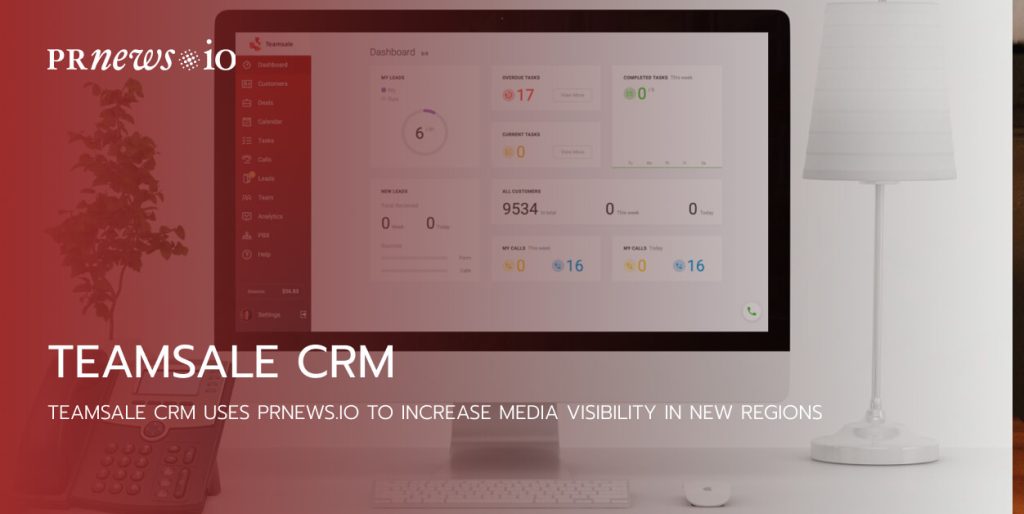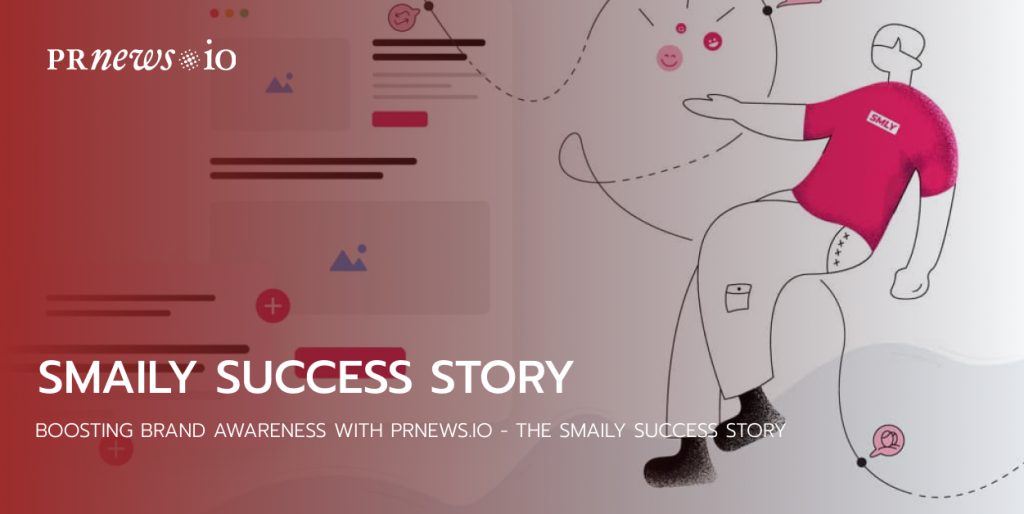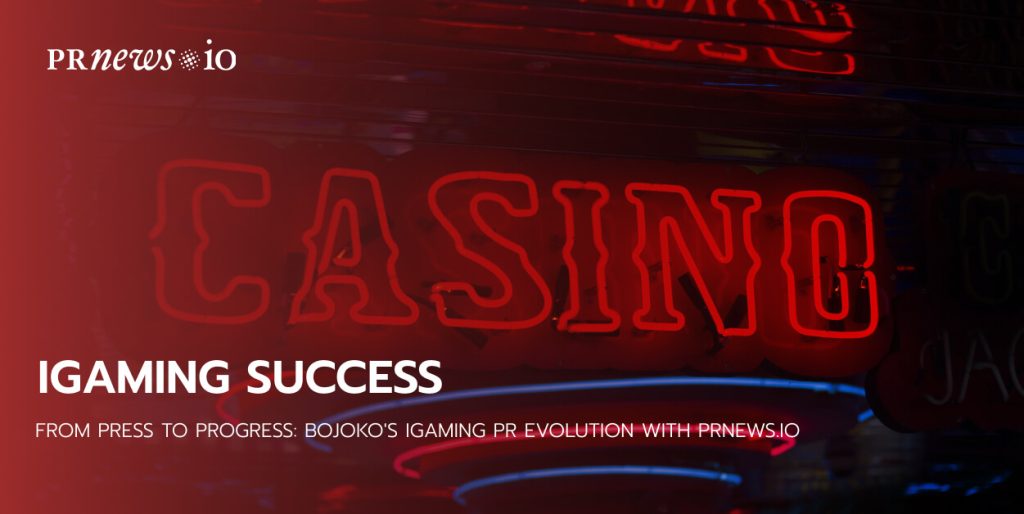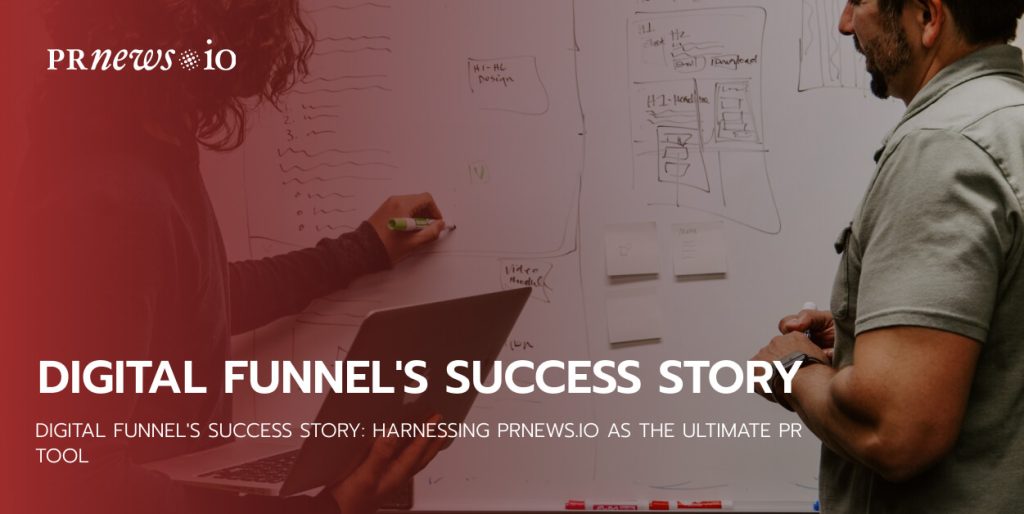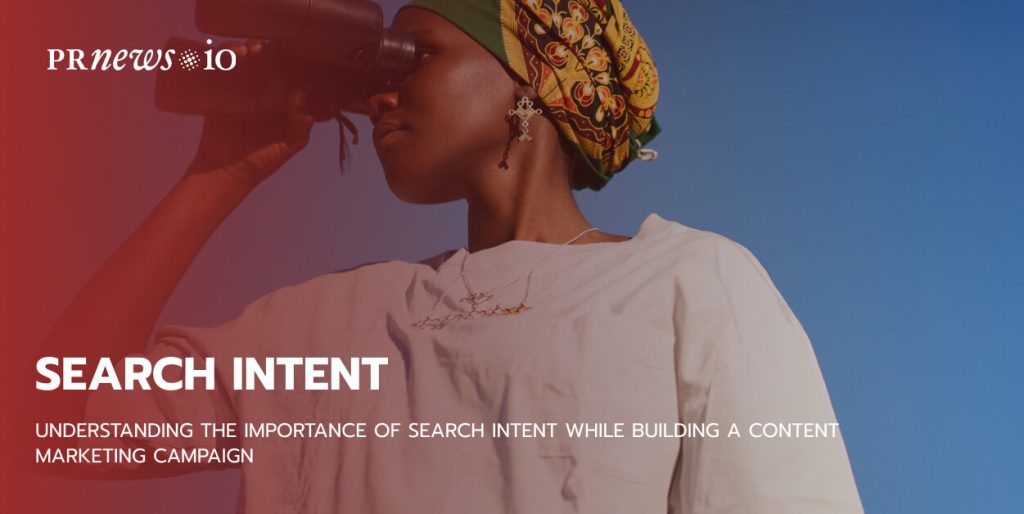
The process of optimizing your content should start with learning the basics of search intent. If you want to attract the maximum number of clients, read the article to learn how to create a professional strategy around intent search.
The goal is to create interesting and informative content, that promotes your business and satisfies user search intent and the main needs of your potential and existing customers. We all sometimes type a sort of gibberish into the Google search, and, somehow Google understands perfectly what you need. Most of us take it for granted, but such impressive results are possible thanks to keyword search intent. It is one of the main reasons to go deeper into it and use it for better optimizing your corporate content.
Let’s face the fact that Google does not care about optimizing content. The only priority is to serve its users the most unique and relevant information to help them find exactly what they need. In order to satisfy the users, Google has to update the search algorithm often.
We are going to review Google’s search intent in terms of optimizing your content. You will learn how to build a professional content strategy based on your Google research around search intent SEO.
The Definition of Search Intent
The simple definition of “search intent” is that it means the main reason behind Google users going to a search engine and typing in their queries. When you use a search engine, you have a clear request to find the needed information. Thanks to Google’s search engines, we can find answers to any question. Before, people were using computers and laptops to find the needed information, but now the situation has changed due to the popularity of mobile devices, which you can carry in your pocket everywhere.
If you work in SEO or marketing, you must understand which piece of content or landing page we must target when someone types in a specific phrase. Search intent should be treated as the primary focus while creating corporate content on your web site.
Content Marketing Platform
- 100,000+ media publications;
- get backlinks to your product;
- scale work with content distribution.
There Are Several Types of Search Intent
Most experts distinguish three types of search intent. We are going to see how to plan content in order to meet the three types of Google search intent.
Informational
It is the first stage of a search query in which a user attempts to find information about a topic of interest. You need to do your best to allow the user to learn about the service/product. If you write the content properly, the users will consider your site an authoritative source and come again.
Comparative
It is the middle stage of content searching. The user wants to compare your services and products to those of other websites. Present your content in order to help potential customers make the right decision. Users try to figure out if they need the service or product they are looking for online. We all compare similar products or different restaurants to find the best and most affordable option.
Transactional
This is the final stage of content discovery. It is the stage where the user is ready to convert. Your content must support the users and help them along the way. The goal is to convert the search into real actions and motivate people to purchase your products or order your services.
When you create your corporate content, you have to be sure that all the phrases you target align with the intent of what people are looking for online. When creating the proper content and landing pages, you have to be sure all used parts match a user’s request and meet the demand. You must learn how to use the right keywords on the web page that Google displays. It is important to work on a positive digital presence of your brand and boost visibility and friendly conversions with your customers.
How Can You Track Search Intent?
One of the most efficient ways of determining search intent is to research the SERP. You must type in the main keyword, which you target, into the Google search bar and check the results that come up after.
Conclusion: Why is Search Intent Important for Your Marketing Campaign?
When you start working on keyword research, you have to consider many different factors: search volume, branded versus non-branded terms, seasonality, localization, and many others. But speaking about search intent, it is the primary factor to consider. It can ensure that you prioritize relevancy in your brand content and in keywords. In the beginning, you may face difficulties figuring out how to deal with search intent, but once you start to have a clear understanding, it makes the process of your content optimization much faster and easier. You must understand that it is Google that decides what the search intent is, not you. It is useless to go against Google.
Frequently Asked Questions Search Intent
What is the definition of search intent?
Search intent is a typical term, that is widely used by SEO and marketing experts to describe the main purpose of common online searches. It is one of the main reasons why people conduct specific search queries on Google. We all conduct searches with the intent of finding the needed information.
How can you track search intent?
One of the most efficient ways of determining search intent is to research the SERP. You must type in the main keyword, which you target, into the Google search bar and check the results that come up after.
Can search intent redefine the overall marketing funnel?
Modern people use digital technologies and mobile devices all the time. They may even begin to control our lives. We are used to the possibility of getting an immediate answer to any question. Search intent plays a huge role in marketing and SEO optimization and is 100% able to redefine the marketing funnel.
Is search intent important for your brand’s visibility?
You should not have any doubts about the importance of search intent. This is one of the most crucial factors for any efficient SEO and marketing strategy. You have to work hard on targeting the right keywords, which are based on search intent. The rule is simple: the higher the quality of your traffic, the better conversion rate you achieve at the end.
Read more:
- How to Build a Content Strategy for 3 Types of Search Queries: High-, Medium- and Low-Frequency
- Content Distribution Strategy: Sure Ways to Deliver Information to the Target Audience
- How to Choose the Most Relevant Keywords for Positioning?
- TOFU, MOFU, and BOFU Stages for Your Content Marketing Funnel

